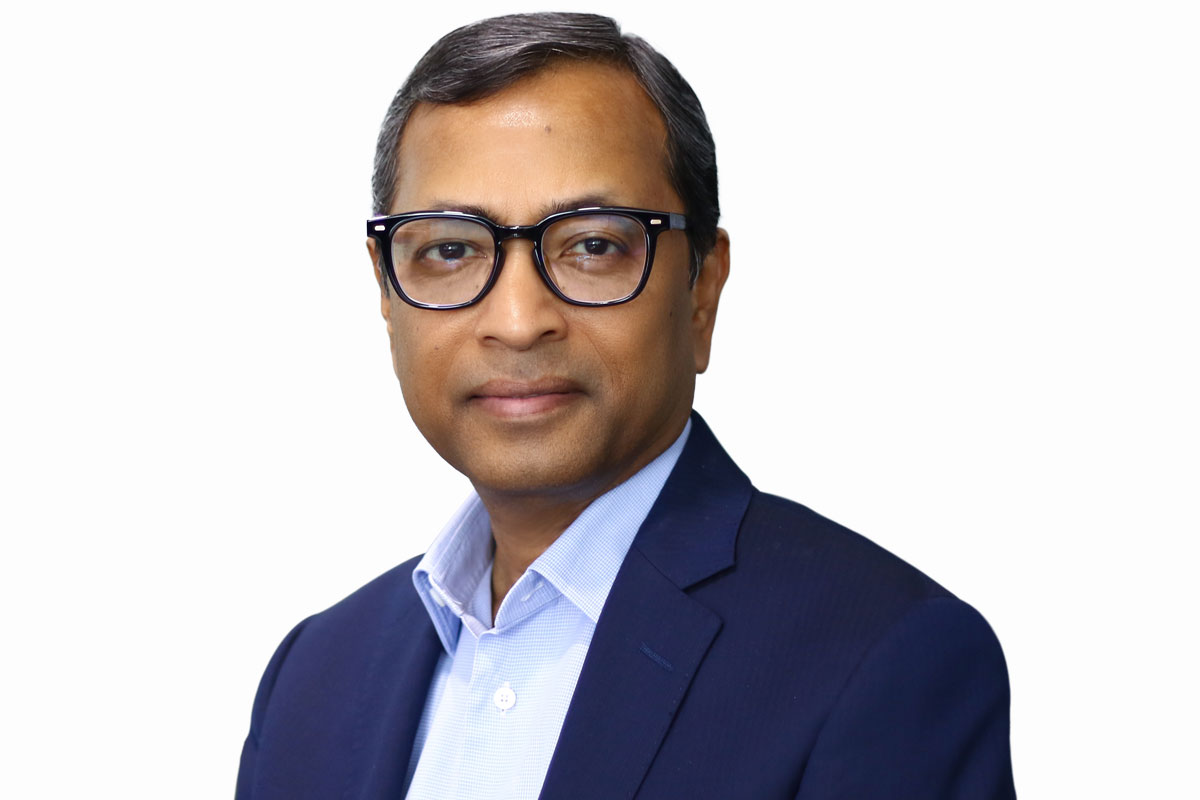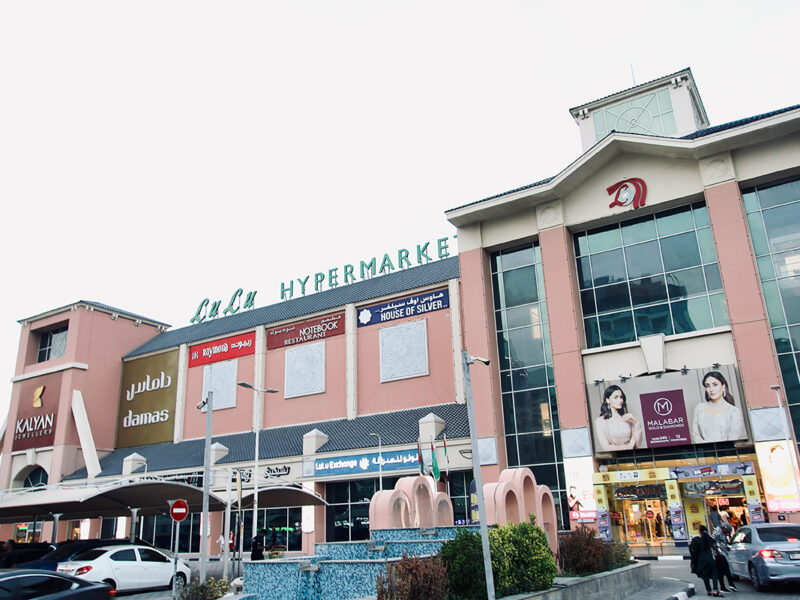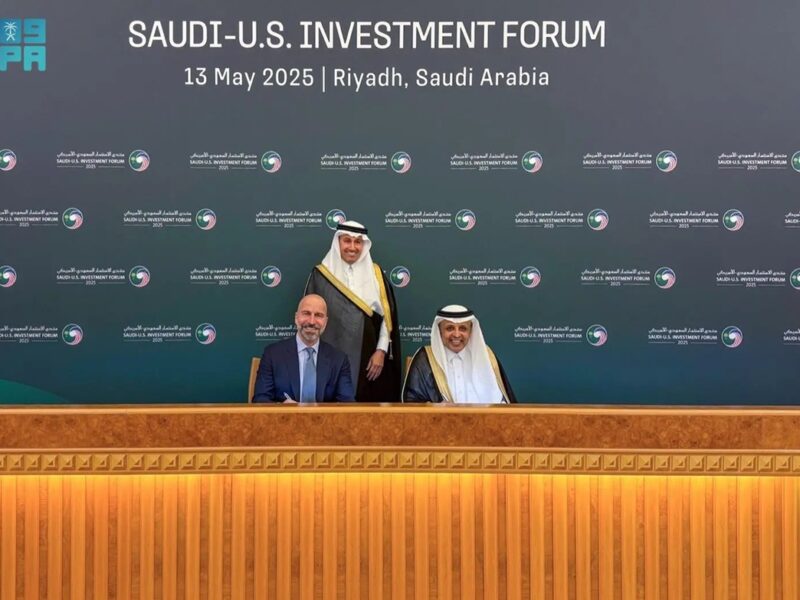One of the key findings of the ASDA’A BCW Arab Youth Survey this year was that nearly half of the 3,400 young men and women we spoke to across 17 Arab states consider the United Arab Emirates to be the country they most want to live in and their own country to emulate. In fact, Arab youth have chosen the UAE as their model nation every year since we first asked them the question in our study 10 years ago.
That they should once again choose the UAE as their preferred country comes as no surprise. Bestriding the trade routes linking the eastern and western hemispheres, the UAE has long been synonymous with economic opportunity and a better life.
The astonishing success of Expo 2020 in Dubai, which has welcomed almost three million visitors since opening its doors in October, reminds us of another of its virtues – its reputation for openness, tolerance and diversity, which was further reinforced by the signing of the historic Abraham Accords last September.
Home to more than 200 different nationalities living peacefully together, the UAE’s standing as a haven of stability in an uncertain world inevitably appeals to young people in other countries struggling to chart a course through high unemployment, spiralling living costs, political upheaval and even military conflict.
The UAE has admittedly benefitted from its significant oil & gas reserves, the sixth largest in the world, but it is not the only nation in the region blessed with bountiful natural resources.
The fact that it has championed a model of government that listens and responds to the needs of its young people, while at the same time strictly adhering to local customs and the rule of law, is arguably just as important as its wealth in maintaining the high approval ratings of Arab youth.
All the Emiratis polled in this year’s survey – a staggering 100 per cent – said they believe their voice mattered to their leadership.
Of course, one of the issues on which young people have been increasingly vocal in recent years is the threat of climate change. Indeed, a growing number of young Arab citizens cite global warming as a key challenge in our research.
Unsurprisingly, the UAE has been swift to show leadership on the transition to a lower-carbon economy, becoming the first Arab country to sign the Paris Agreement in 2015 and the first Arabian Gulf nation to commit to net zero carbon emissions by 2050. It is also home to some of the world’s largest renewable energy projects and one of the first low-carbon cities.
These and other trailblazing achievements have earned the UAE the right to host the UN Climate Change Conference in 2023, aka COP 28, an event that is already being billed as the ‘Solutions COP’.
And the UAE is not only setting the place on climate action through bold investments and soft-power lobbying on the global political stage. It is also equipping its young school-leaders and graduates to lead future industries, for example through various initiatives aimed at carving out a niche in the new digital economy.
One of the most high-profile examples of these is the Mohammed Bin Zayed University of Artificial Intelligence at Masdar City in Abu Dhabi, the world’s first graduate-level research institute dedicated to the pursuit of AI.
The impact of these initiatives is that young UAE citizens feel empowered to tackle the challenges before them, unlike many young people these days in both the developed and developing worlds. This has not gone unnoticed by the participants in our latest Arab youth survey.
It is striking, and frankly rather depressing, how some cultures tend to dismiss and even demonize their youth, particularly in the West. Anti-social, unruly, ungrateful, lazy, unrealistic, self-entitled, the list of negative labels commonly attached to the younger generation is long, sometimes with good reason but invariably not.
Thankfully, the UAE has chosen a different, resoundingly inclusive narrative where its young people are concerned, one where they are the hope of the nation as it looks towards the next 50 years of its success.
While some countries appear more preoccupied with past glories than future opportunities, the UAE has, by its actions, chosen to tell a story firmly focused on the possibilities of tomorrow. As evidenced by our annual survey, this has captivated young people far beyond its borders.
Like other PR consultancies, we at ASDA’A BCW have been privileged to help the UAE communicate its vision at home and abroad over the past two decades. And we will be proud to do so long into the future.






